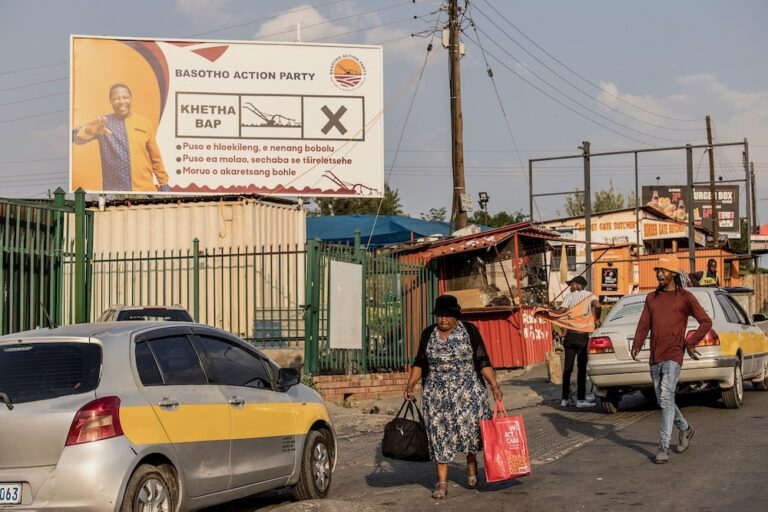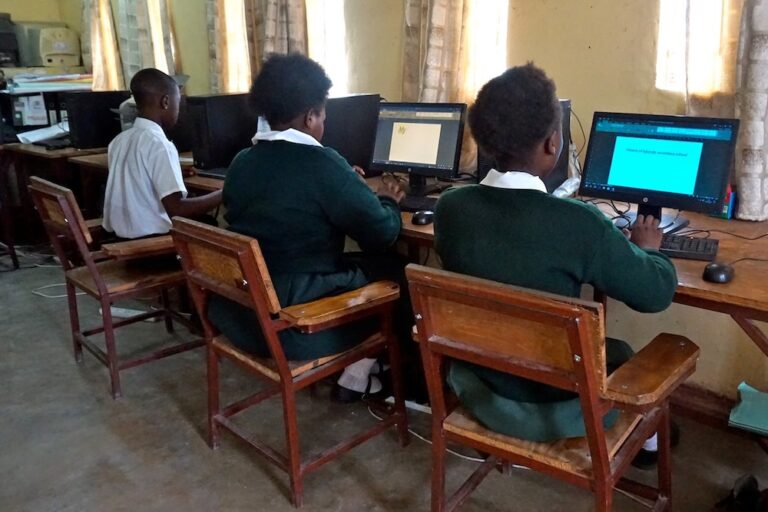(MISA/IFEX) – A newly-formed Zambian opposition party has complained of a lack of access to public print and electronic media in that country. The United Party for National Development (UPND), said in a statement in Lusaka this week that since their formation late last year, their activities had scarcely been covered by the state owned […]
(MISA/IFEX) – A newly-formed Zambian opposition party has complained of
a lack of access to public print and electronic media in that country.
The United Party for National Development (UPND), said in a statement in
Lusaka this week that since their formation late last year, their
activities had scarcely been covered by the state owned media.
They are now demanding equitable access to the “Zambia Daily Mail”,
“Times of Zambia”, the Zambia National Broadcasting Corporation (Radio
and Television) (ZNBC), Zambia Information Services (ZIS) and Zambia
News Agency (ZANA), all of which are maintained from public funds.
Quoting intelligence sources, UPND said it had revelations that these
media institutions were under instructions to not cover their party
meetings especially those addressed by their party president, Anderson
Mazoka. Mazoka is a former Director of the mining giant Anglo American
Corporation which has had problems with the Zambian government in the
sale of its copper mines. Mazoka resigned early this year to concentrate
on a political campaign aimed at unseating President Chiluba in the
coming elections.
UPND spokesperson Alice Mwanza appealed to the state to ensure that all
political parties had equal access and air time to public media so that
people could judge on their own the best party to lead them into the
twenty first century.
“MMD (the ruling Movement for Multi-party Democracy) does not own any
media in this country and so no party should have an upper hand over
others,” she concluded.
Background Information
Several opposition parties, civic groups and individuals have over the
years called for the privatisation of the state-run media in the country
but the government of president Frederick Chiluba has always ignored the
issue.
The government appoints chief executives for the ZIS, a virtual public
relations wing of the state, ZANA, the “Zambia Daily Mail”, the “Times
of Zambia” and the ZNBC.
It has in the past openly stated that the said media institutions are
their mouth pieces and that they can never be privatised.
The chairman of the National Citizens Coalition (NCC), an emergent
opposition group, Nevers Mumba, told journalists at the December Zambia
Independent Media Association (ZIMA) monthly get-together that public
media should account for tax payers’ money. He demanded that the media
should be privatised or placed under autonomous boards, not appointed by
the Ministry of Information and Broadcasting Services. He further
implored the government to change its attitude towards media and start
embracing tolerance and transparency.


